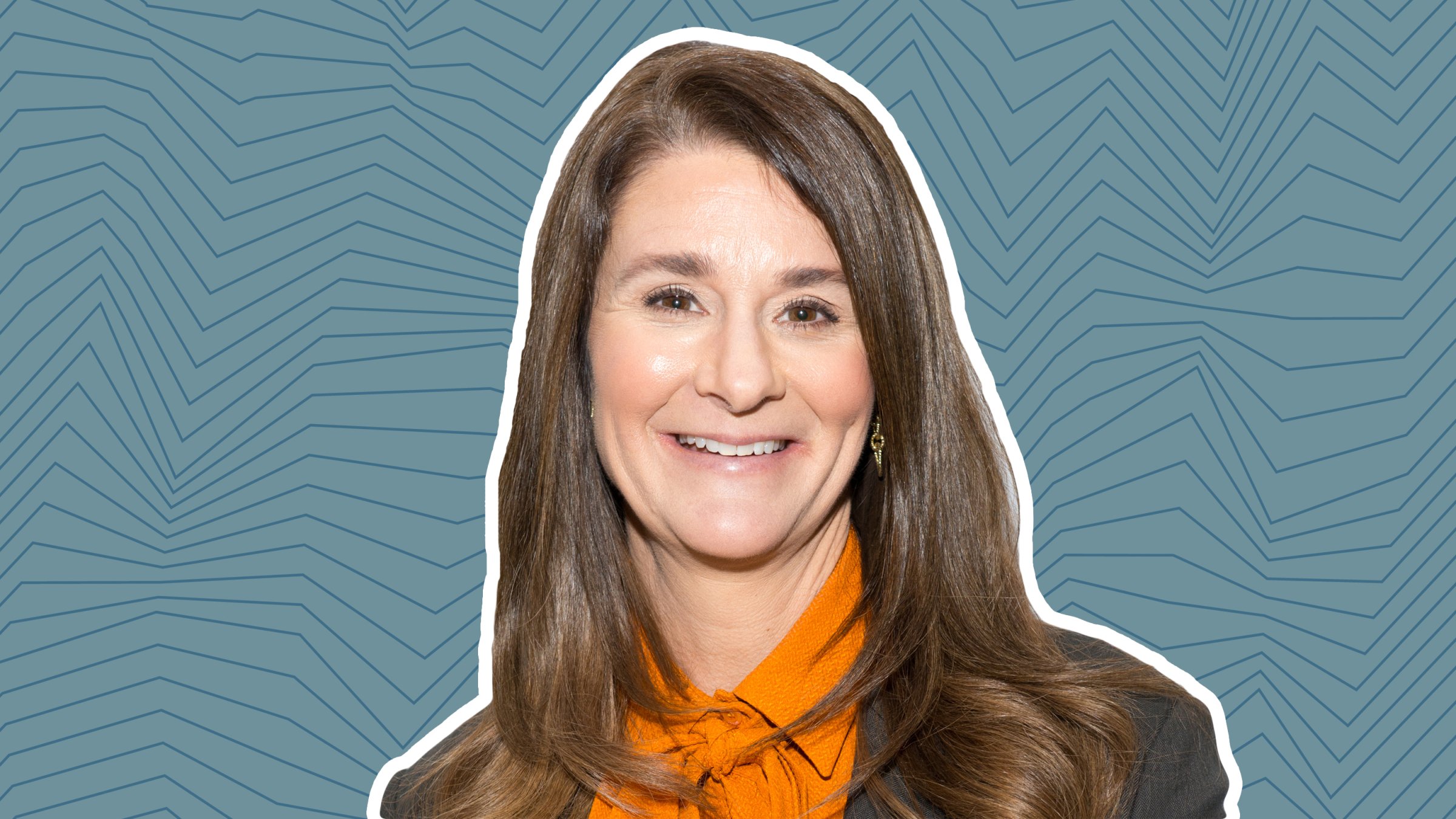
One of the most outspoken advocates for women and girls I know is actually a man. As cofounder of the ONE Campaign, my friend Bono spends a lot of time speaking out against global poverty. Together, we’re working to get out a simple, powerful message: Poverty is sexist.
Women and girls are more likely to be impoverished, less likely to get an education and more likely to suffer bad health. And when they’re born into poverty, it’s much more difficult for them to lift themselves and their families out of it.
Why are women more likely to stay poor? One reason is that breaking out of poverty takes time—and that’s a resource women around the world are short on.
Unfortunately, women and girls are typically expected to do the majority of the unpaid work that makes life possible for everyone, like cooking, cleaning and caring for children and relatives. On average, women spend about twice as much time as men on this work. In developing countries, the gap is even bigger.
Read more: How Much Would You Make if You Were a Man?
That’s because for women in the world’s poorest places—where electricity and running water are often nonexistent—household chores are much more demanding and much more time-consuming. When I stayed with a woman named Anna on her farm in rural Tanzania, I was struck by the fact that she spent almost every minute of every day just keeping her household running. She cut firewood, built fires, milked goats and walked miles to the nearest source of clean water. All of this cut into her time to do anything else—including get her small poultry business off the ground.
Her story, unfortunately, is not unique. When women’s lives are consumed with routine housework, they have no time to finish their education, learn new skills, open a business or even go to the doctor. They dream of creating a better future for their children, but they can’t spare the hours to put those dreams into action.
Read more: Marine Veteran: Drafting Women is Key to Ending Gender Discrimination
The fact that so many women’s potential is going unrealized is a tragedy—but it’s also an opportunity. Because if we recognize, reduce and redistribute the burden of work that’s holding women back, they’re going to use that extra time to accomplish great things. If Anna had a few hours each day to grow her business, she could put her family on the path out of poverty. And if millions more women had the same chance to invest in themselves and their ideas, they could transform the world.
Melinda Gates is a businesswoman and philanthropist. She is cofounder of the Bill & Melinda Gates Foundation.
More Must-Reads from TIME
- Donald Trump Is TIME's 2024 Person of the Year
- Why We Chose Trump as Person of the Year
- Is Intermittent Fasting Good or Bad for You?
- The 100 Must-Read Books of 2024
- The 20 Best Christmas TV Episodes
- Column: If Optimism Feels Ridiculous Now, Try Hope
- The Future of Climate Action Is Trade Policy
- Merle Bombardieri Is Helping People Make the Baby Decision
Contact us at letters@time.com